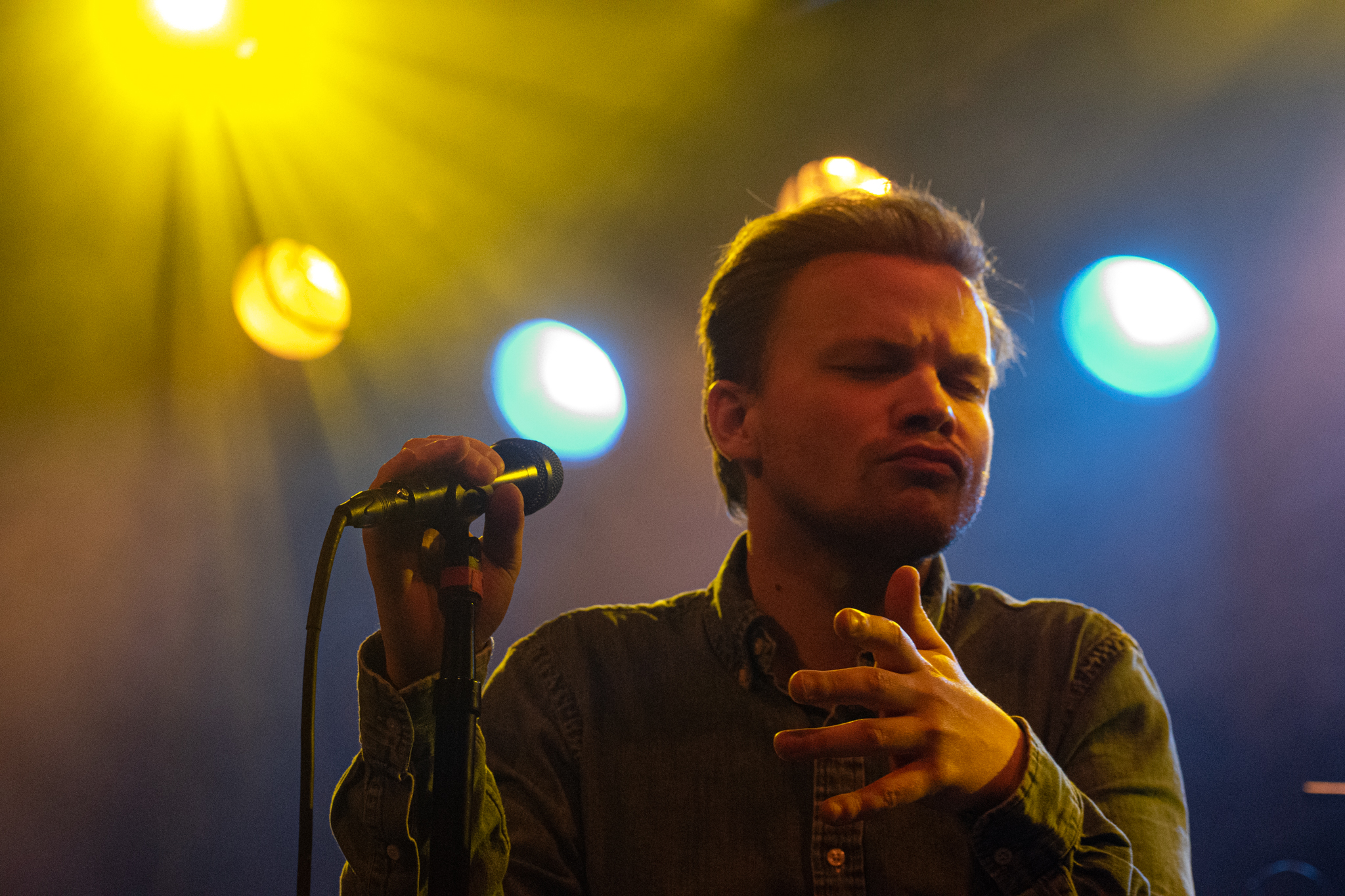Geordie Greep @ Paradise Rock Club 2/7
Review by Miguel Gonzales
Photography by Jack O’Sullivan
Friday night was shaping up to be a special occasion. A line curved around the Raising Cane’s on Commonwealth Avenue, managing to block both entrances. It was a holiday for some, especially with the eager folk who went the extra mile to look fashionable. An ensemble of tall, long-haired guys dressed in navy suits and red ties walk with pseudo-shrewd confidence, joining the back of the line. It was extremely chilly too, and those guys in suits were undoubtedly freezing their asses off. The puffed-up worker jackets and wool scarves didn’t help, others couldn’t help but gripe to the universe about how windy it was. Once security permitted the line to enter, the audience was greeted with smooth jazz, dark blue lighting, and bumbling chatter about the “mystical ethos” of Geordie Greep, as one person called it.
Geordie Greep lives an adventurous, almost theatrical musical life: he’s an exciting performer, a talented guitarist who can play technical or unabashedly fierce, and someone who is publicly open as a genuine lover of music. Once the ex-frontman and lead guitarist of English experimental rock trio black midi now pursuing a solo career, it isn’t a shock Greep would plunge into more musical endeavors. Under his own terms was what had people in awe, in shock, or with skepticism. However you may feel about Greep’s solo move, you’re still getting new music after all.
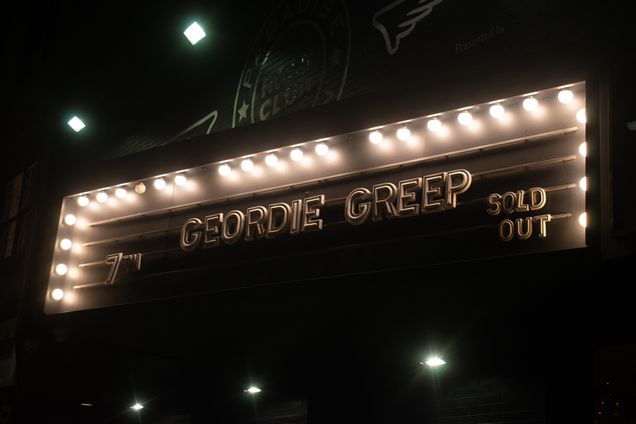
His debut solo album “The New Sound” released last year via Rough Trade Records, displays Greep’s musical influences splurging out, playing the journey of a pathetic man while melodic musical chops are packed tightly in an exhilarating hour-long album.How would Greep and his backing band capture these songs live on the second-to-last show of their North America tour, especially for a sold-out show in Boston?
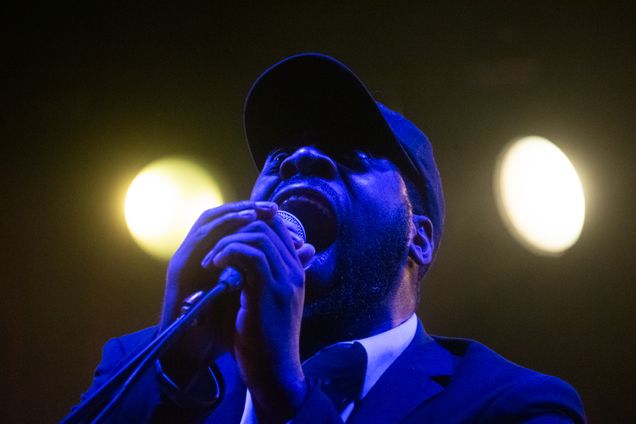
Opening for Geordie Greep at 7:30 p.m. was Chicago native, multi-instrumentalist, and singer-songwriter Nnamdi Ogbonnaya who goes under NNAMDÏ. NNAMDÏ’s set clocked under 30 minutes, but he was fun to see. Playing on top of backing tracks and occasionally wielding his guitar, while pampered up in a beautiful tuxedo and a baseball cap, NNAMDÏ’s bubbly personality and melodic pop-rap was a good appetizer for the evening. His vocals were caked with autotune for some of the songs he played (and on occasion would peak), the guitar tones were nice, and had some fun instrumentals he performed on.
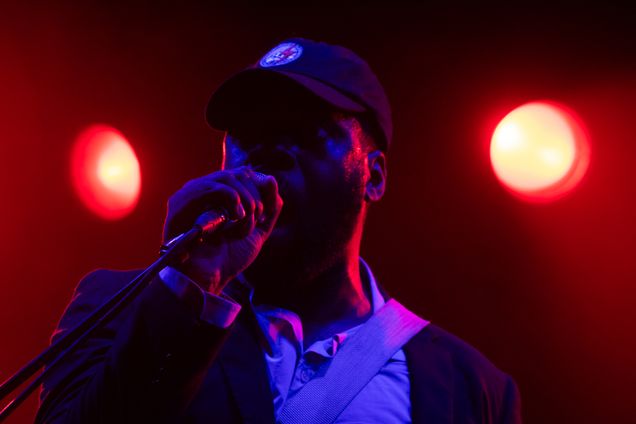
“People still say ‘play Free Bird’?” NNAMDÏ responded to someone who asked him to play Free Bird.
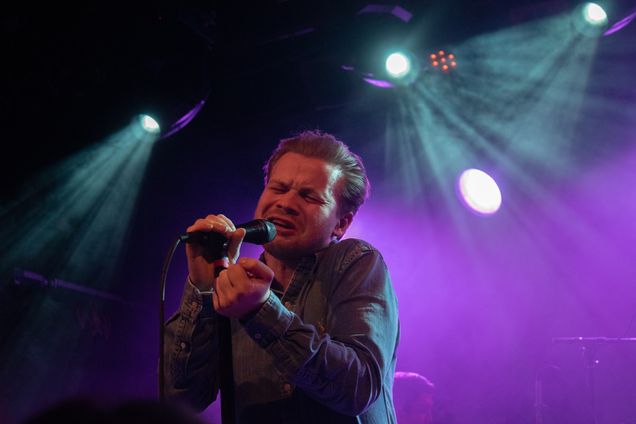
The lights shuttered to near-darkness, and the theme song of The Long Good Friday began to play. Greep and the band walk out to a roaring applause filled with ear-piercing whistling, elongated clapping, and some shouting “Mr. Greep,” trying to get his attention. The audience started to clap to the rhythm of the song, and Greep and a few of the band members maneuvered around, pretending they were an orchestra conductor waving their arms and hands. Greep occasionally waves his pointer finger around, smirking.
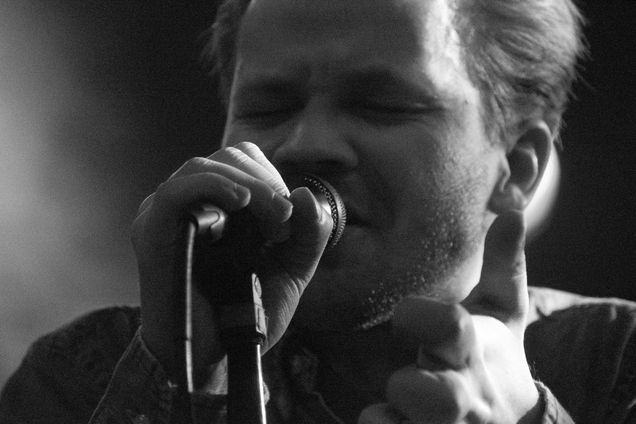
After the theme song fades away, the band jumps into “Walk Up,” an absurdly arranged, explosive song filled with sadistic and ironic themes of prostitution, toxic masculinity in the corporate workspace, and humiliation. Greep stares into the crowd and is dialed into the theatrics “Walk Up” demands, throwing in a variety of low snarls and flashing vocal melodies. Behind Greep is the just as locked-in backing band, all of them playing tight and effortlessly building off each other. With live renditions of “Terra,” “The New Sound,” and “Through a War” that came after, it’s clear Greep has crafted his own musically eclectic universe filled with melodrama, wringing in many musical genres similar to Frank Zappa and Captain Beefheart.
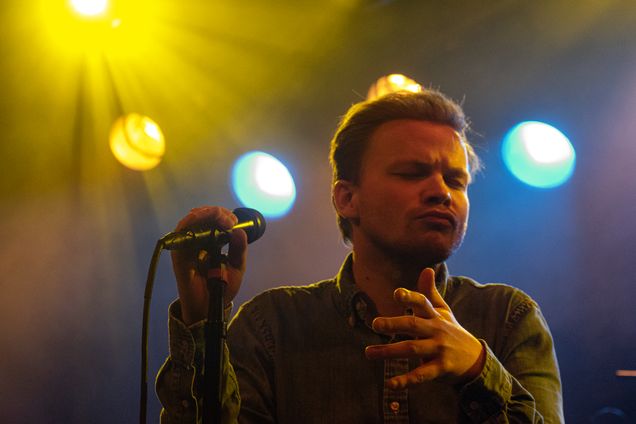
You can call it experimental, but there’s so much to account for. The nods to Latin music (particularly salsa), jazz-rock legends such as Steely Dan, the infused elements of jazz fusion and progressive rock, the improvisational nature and unpredictable variations of jam band performances — all of it was contained within the entire set. The non-chalanting of “Bongo Season” and the whacked-out, pathetic anthem of “Holy, Holy” are great examples of the band’s musicality, sprawling many pushpits and calamative reactions from the audience. Songs during the set were intentionally elongated, the backing band attentively playing off one another and progressing to either loud or silent sections, separate solos, and grand finishes.
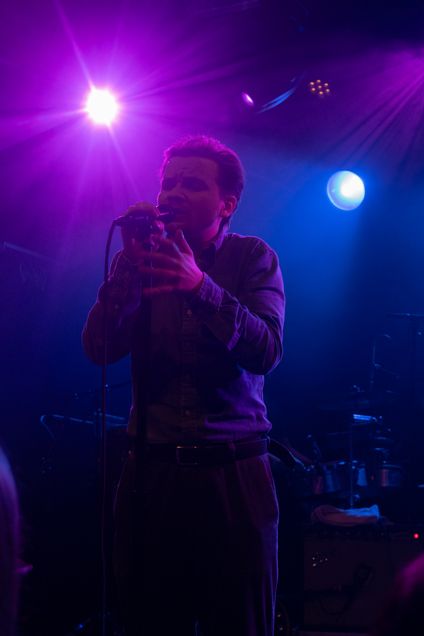
The one solo that had me impressed was pianist Cameron Campbell, tastefully playing off-the-cuff and rapidly plunging down multiple chords. The same goes for the rest: drummer Charlie Schefft keeps the frenetic tempo with his shirt off, bassist Dave Strawn freely sweeps up and down rapidly thrumming his bass strings, guitarist Ethan Marsh shreds and twangs (even when he breaks a string), and Greep occasionally pulls out his guitar and plays some devilish licks on top of it.
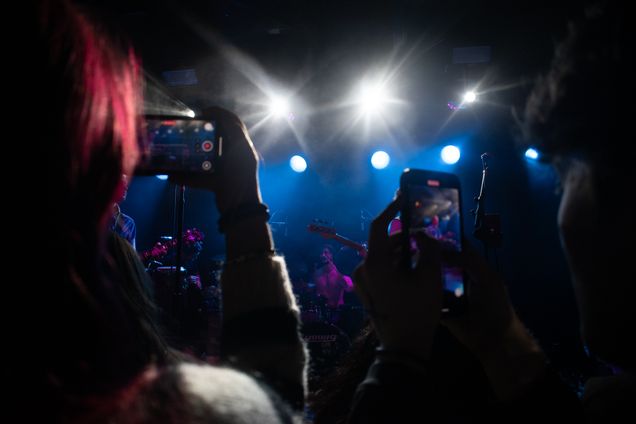
Though most of the set consisted of Greep’s original material, Greep and the band threw in a few covers as well. They touched on Chick Corea’s “Spain,” an instrumental version of Bruce Springsteen’s “Born to Run” and Frankie Valli’s “Can’t Take My Eyes Off You,” but the cover that caught my attention was their fantastic rendition of Willie Colón’s “Cua Cua Ra, Cua Cua.” On bongos and vocals for the Willie Colón cover was Santiago Moyano. Greep and the band stepped aside, giving Moyano his time to shine while they groove along.
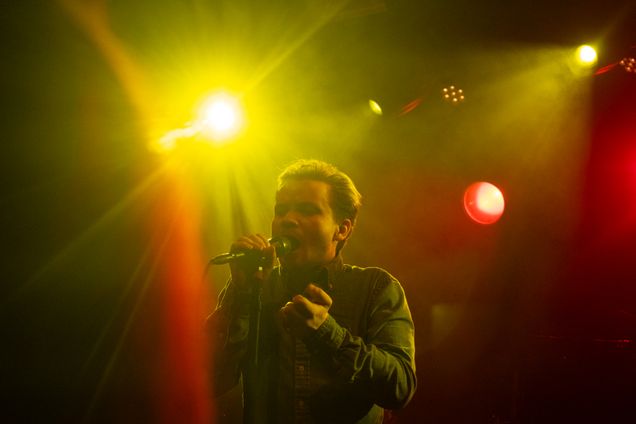
“I hate drama!” Moyano exclaims, going on a long tangent in Spanish about the complications of romance and love. He was too real for that.
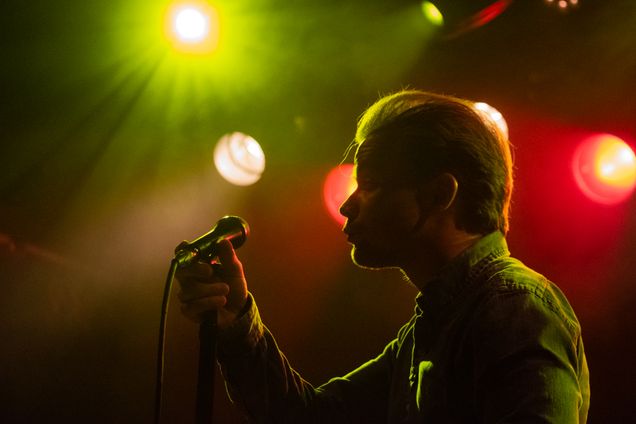
Greep and the band end their set with the 12-minute goliath, “The Magician,” which is extended to around 20 minutes. Even after two whole hours of elongated variations of songs, a lot of improv, and sprinkled-in covers, Greep and the band never lose steam. The pushpit turned into a dancefloor, grown men fluttering and prancing around when Greep silently murmurs hiding from reality, explanations, life, and the people who love him most. The crowd ruptures into applause when the band reaches an agreed-upon conclusion, an ending so fiery and blistering with passion that the ceiling drips from the amount of bodies cluttered inside Paradise. They all bow down, Moyano yells an astounding “Geordie Greep,” and Greep gives his thanks to the backing band and opener.
“Thank you, woah, woah!” Greep says, while his voice is cloaked underneath heavy echo and reverb.
